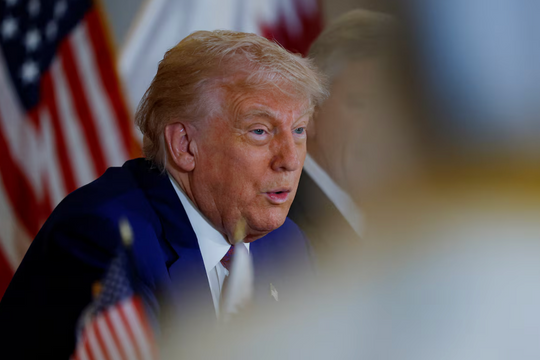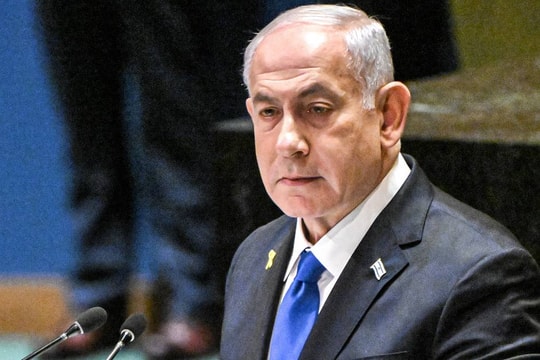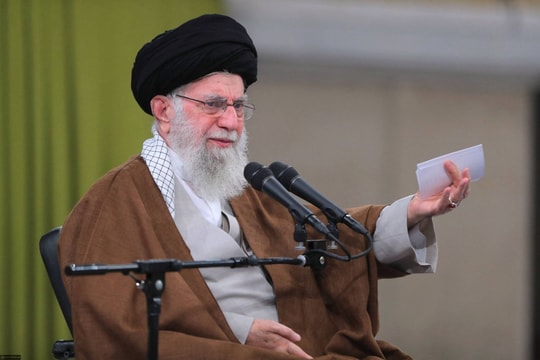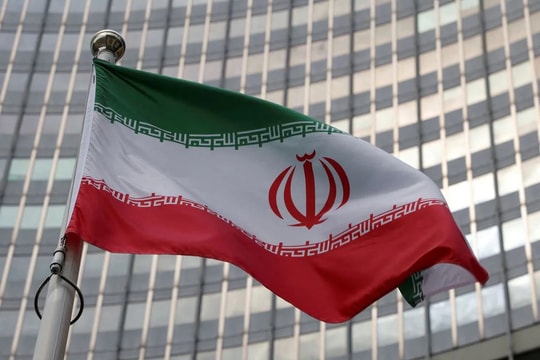The US wants countries to either stop importing Iranian oil or face sanctions.
(Baonghean.vn) - The Trump administration wants all countries to reduce their oil imports from Iran to zero, or face US sanctions. This is information revealed by a senior US State Department official on June 26 in the context of sharp increases in oil prices.
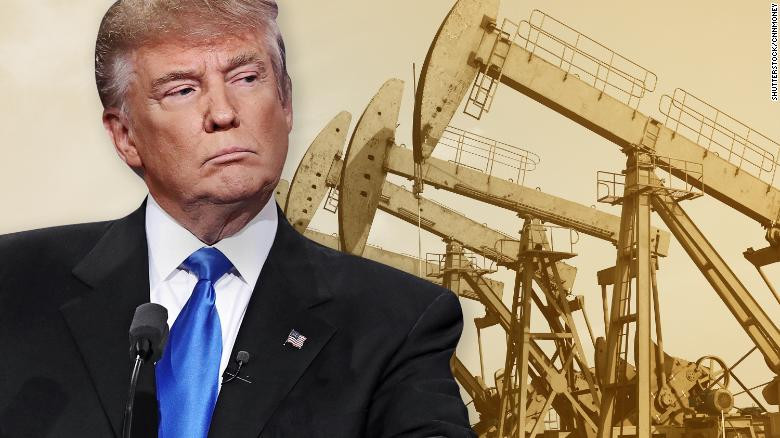 |
| US President Donald Trump. Photo: CNN |
The official said no exemptions would be made for countries that currently buy oil from Tehran. “We consider this one of our top national security priorities,” the official told reporters. “I’m not saying there won’t be exemptions, but I think it’s likely there won’t be, we won’t be granting them.”
The latest message from the US shows the Trump administration is taking a hard line with international allies as it withdraws from the 2015 Iran nuclear deal under which Iran gave up its nuclear program in exchange for sanctions relief.
Washington’s tough stance has sent oil prices soaring. US crude rose 3.5% to $70.50 a barrel. Prices have surged this year, partly due to concerns that US sanctions on Iran could disrupt supplies from the OPEC nation.
President Donald Trump has repeatedly complained about high oil prices, even as his policies have played a role in causing them. “Oil prices are too high, OPEC again. Not good!” Trump tweeted last month.
Last week, OPEC agreed to pump more oil to make up for the loss of barrels from Iran.
The US administration announced it was withdrawing from the Iran nuclear deal in May, giving companies and governments six months to wind down energy-related activities before sanctions are reimposed on November 4.
Germany, France and Britain - the signatories to the deal, known as the E3 - opposed the US decision to leave the deal and lobbied the White House not to impose so-called “secondary sanctions” on their companies doing business with Iran, hoping to preserve the deal without US participation.
“We remain engaged with E3 throughout this process, and we will continue to reach out to new countries and new partners in the coming weeks,” said the aforementioned US State Department official.
US officials have been traveling to Europe and Asia in recent weeks to try to gain support for the administration's tougher Iran policy.
“We have had secondary sanctions related to Iran since 1996 – the Iran and Libya Sanctions Act,” the official noted. “These are discussions we are extremely familiar with.”
“We have a lot of diplomatic experience in urging, persuading, negotiating with partners to reduce their investments to zero,” the person added, confirming that their message was “sometimes challenging” to US partners.
Last week, Iranian Oil Minister Bijan Zanganeh told CNN that he had seen many customers turn away because of US sanctions. “You cannot impose unilateral trade sanctions and at the same time expect the global oil market not to react adversely,” Zanganeh said.

